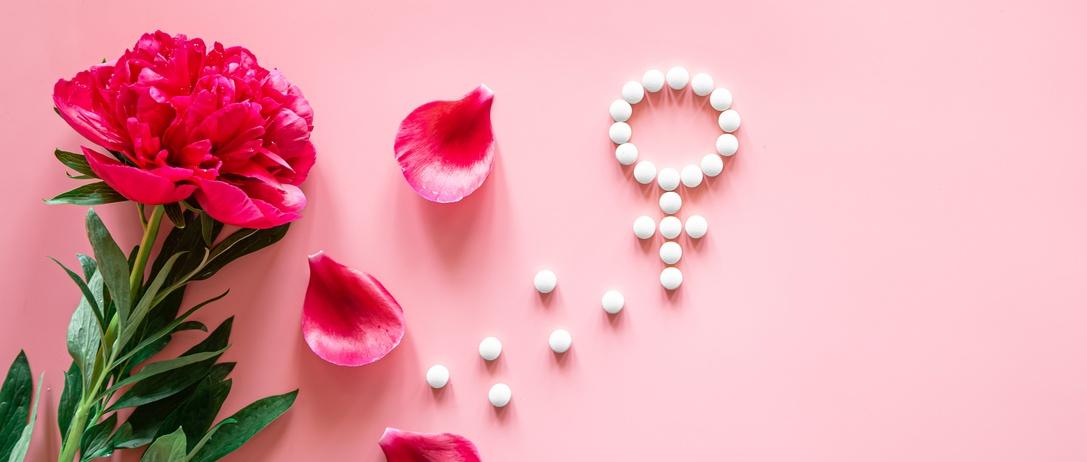
Testosterone can boost sexual desire after menopause
Peer reviewed by Natalie HealeyLast updated by Natalie HealeyLast updated 26 Jul 2019
Meets Patient’s editorial guidelines
- DownloadDownload
- Share
- Language
- Discussion
Testosterone could significantly improve sexual health problems in postmenopausal women, suggests a review of the existing research.
A comprehensive review of data from 8,480 women, published in The Lancet Diabetes & Endocrinology, found testosterone can improve sexual desire and pleasure in women who have gone through menopause.
The trials compared testosterone treatment to a placebo or an alternative hormone treatment (HRT) such as oestrogen, with or without progestogen.
You may think of testosterone as a hormone only men have, but it's also important for female sexual health, contributing to libido and orgasm. Testosterone levels decline naturally over a woman’s life.
"Our results suggest it is time to develop testosterone treatment tailored to postmenopausal women rather than treating them with higher concentrations formulated for men," said author Professor Susan Davis from Monash University.
Nearly a third of women experience low sexual desire at midlife, with associated distress, but no approved testosterone formulation or product exists for them in any country and there are no internationally agreed guidelines for testosterone use by women. Considering the benefits we found for women’s sex lives and personal well-being, new guidelines and new formulations are urgently needed.
No serious side effects were found. However, oral formulations of testosterone were associated with increased levels of 'bad cholesterol' - although the authors believe this side effect is only relevant to testosterone pills, not other formulations. An increase in acne, body hair and weight was also shown in some of the data. The authors recommend patients are advised of these effects so they can make an individual choice about whether to go ahead with testosterone treatment.
Dr Channa Jayasena, member of the Society for Endocrinology, and clinical senior lecturer at Imperial College London, who was not involved with the research, said: "The results suggest that in women with problems with sexual function, adding testosterone to traditional HRT may have benefit. Testosterone was not without side effects: acne and slightly increased facial hair were common complaints. The message is that oestrogen-containing HRT should still be the treatment of choice for almost all menopausal women. However, testosterone could be added to HRT when menopausal women have sexual symptoms which are persistent."
Patient picks for Menopause and HRT

Hormones
Will HRT for menopause soon be free over the counter?
Following a campaign last year, the government agreed to consider making certain types of hormone replacement therapy (HRT) available directly from pharmacists and to reduce the costs of HRT prescriptions significantly for women in England. But there has been confusion over what these proposed changes really mean in practical terms. We talk to a specialist doctor for more clarity on HRT for menopause.
by Sally Turner

Hormones
Why can the menopause trigger anxiety?
Menopause is a natural part of ageing that happens when oestrogen levels drop, but it can be a challenging time. Officially defined as when your periods have stopped for 12 months, the menopause - and the stage leading up to it - can cause various physical and mental symptoms, such as anxiety.
by Lawrence Higgins
Continue reading below
Article history
The information on this page is peer reviewed by qualified clinicians.
26 Jul 2019 | Latest version

Ask, share, connect.
Browse discussions, ask questions, and share experiences across hundreds of health topics.

Feeling unwell?
Assess your symptoms online for free
Sign up to the Patient newsletter
Your weekly dose of clear, trustworthy health advice - written to help you feel informed, confident and in control.
By subscribing you accept our Privacy Policy. You can unsubscribe at any time. We never sell your data.